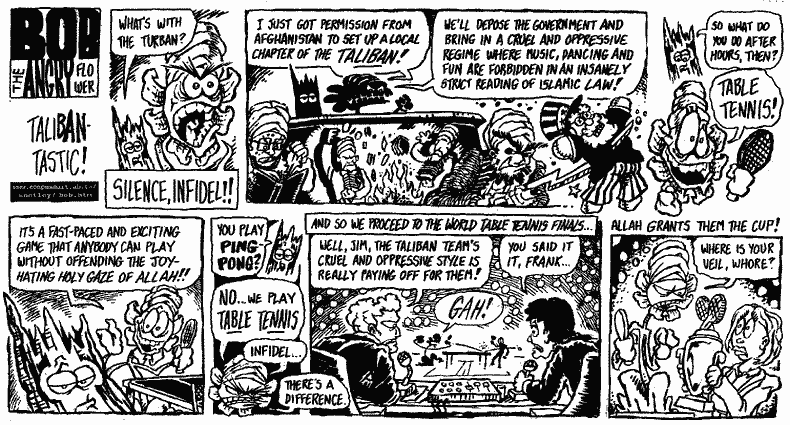- Joined
- Dec 26, 2015
- Messages
- 2,194
- Reaction score
- 1,655
- Location
- Ontario, Canada
- Website
- www.lesliesoftware.com
Yep, well said. Heck in Canada women only gained the right to vote in 1916 in one province (https://cfc-swc.gc.ca/commemoration/cent/index-en.html) and finally in 1919 federally (https://www.bac-lac.gc.ca/eng/discover/biography-people/Pages/voting-women.aspx) and women were only fully recognized as persons under the law in 1929 (https://www.cbc.ca/archives/entry/1929-women-become-persons). That is not very long ago at all.It's just that sometime we think we have changed our ways for so long, while in reality I think it's not that far away (both figuratively and literally).
I suspect that most would also agree that the fact that people in other parts of the world were still doing bad stuff only a few hundred years ago doesn't mean we should just ignore it now either. Not that we have to or should go invading everywhere that doesn't hoping to fix them. We can clearly see, again, that this is more wishful thinking than anything else.

























































































